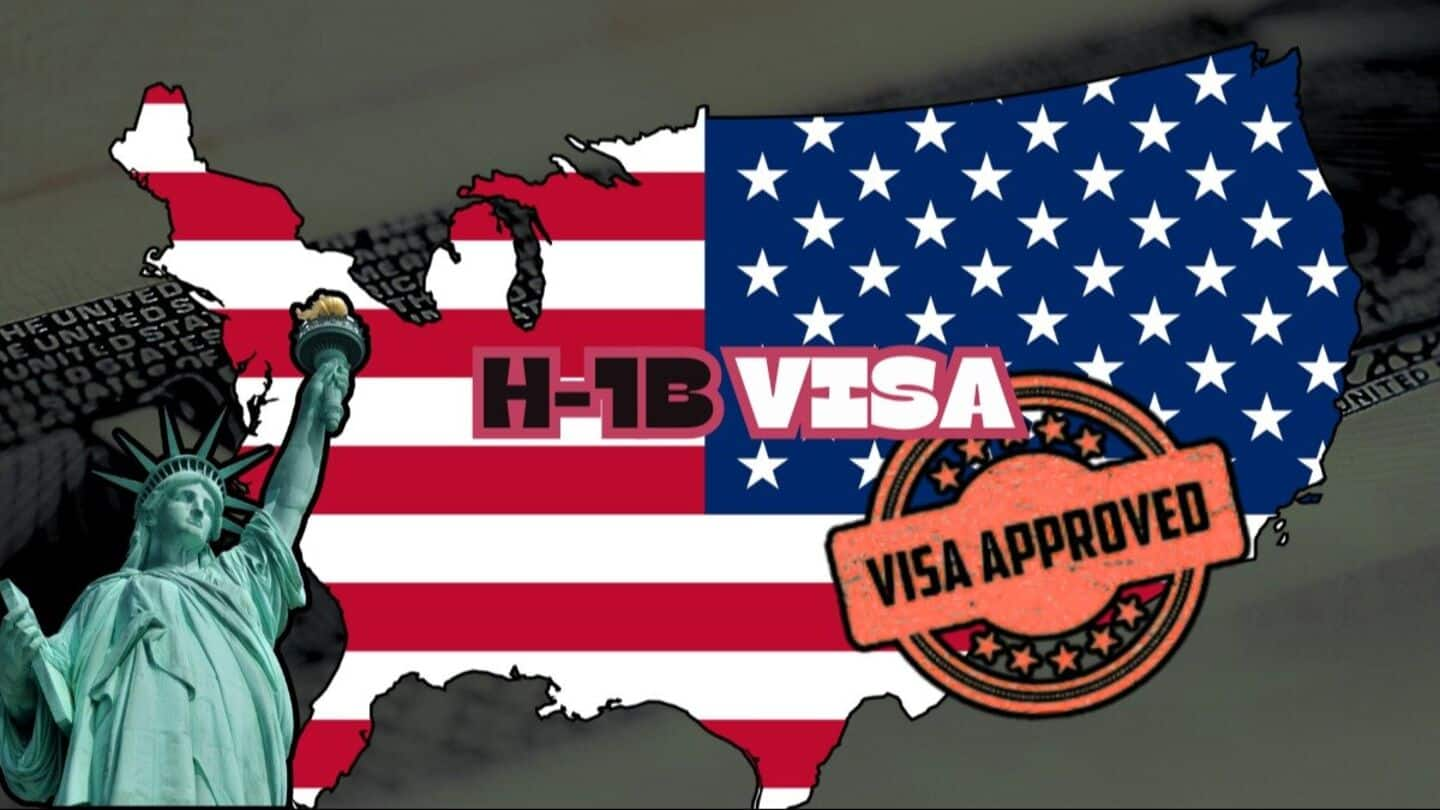
Trump plans to end H‑1B visa lottery—Know what's changing
What's the story
The Donald Trump administration is planning to overhaul the H-1B visa lottery system, replacing it with a more weighted and wage-linked selection process. The United States Department of Homeland Security (DHS) filed a proposal on July 17, suggesting the introduction of a "weighted selection process" for capped categories in the system. The proposal has been submitted to the Office of Information and Regulatory Affairs for consideration.
System overview
Current system and proposed changes
Under the current system, eligible applicants submit their applications, which are then randomly selected by a computer-run lottery. Each year, 85,000 H-1B visas are issued, including 20,000 reserved for those with a Master's degree or higher from a US institution. However, demand continues to outstrip supply. The proposed changes aim to prioritize certain applicants based on additional criteria such as wages.
Salary implications
Change would benefit highly-skilled professionals
A study by the Institute for Progress earlier this year suggested that if higher salaries were prioritized over random selection, the average salary of an H-1B visa holder could increase from $106,000 to $172,000. This change would benefit highly-skilled professionals but could make it difficult for outsourcing firms relying on lower-wage workers. The US Citizenship and Immigration Services (USCIS) is finalizing the proposed rule draft which will undergo public review before becoming official.